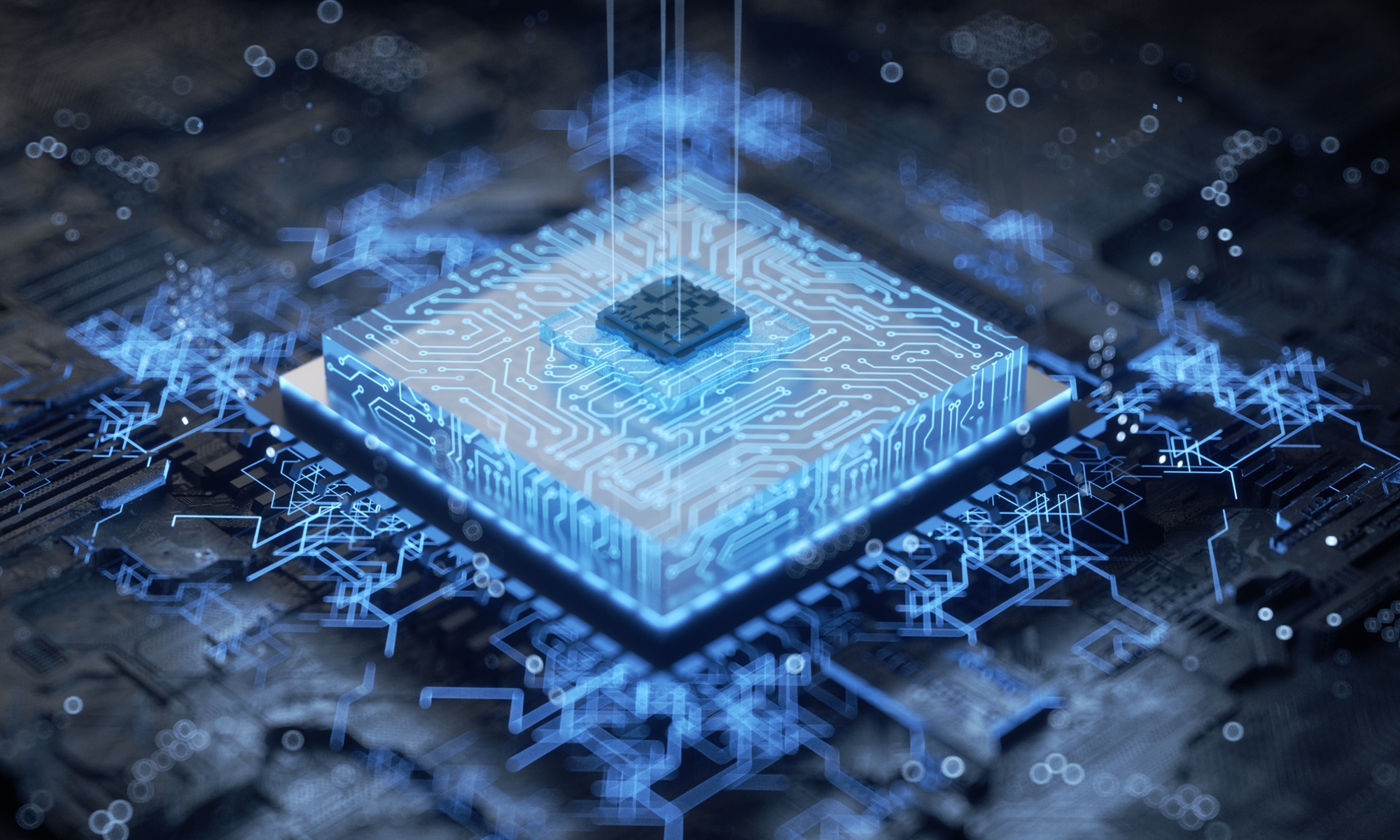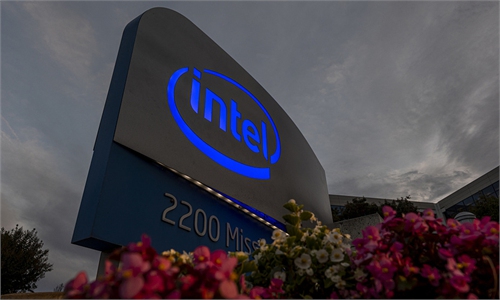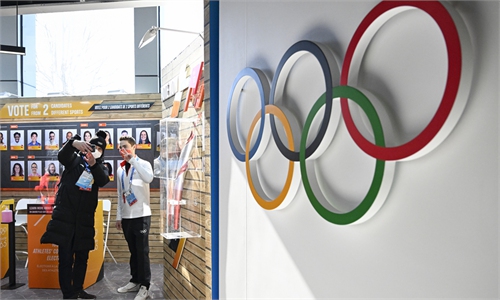
chip Photo:VCG
Intel is paying $53 per share for Tower — which specializes in analog chips used in cars, medical sensors and power management — well above Monday's closing price of $33.13.
Tower had a market value of $3.6 billion before the news.
The acquisition deepens Intel's presence in a sector dominated by Taiwan-based TSMC, the world's largest chipmaker, at a time when the global semiconductor shortage has hampered the production of everything from smartphones to cars.
"We think this makes a lot of sense. (Tower) is a foundry for trailing-edge process technology that is likely to be tight for the next several years," said Northland Capital Markets' analyst Gus Richard.
A foundry business produces chips that customers design, and Intel announced last year it would enter that business. Analysts said at the time that a lack of deal targets could be a challenge.
Intel Chief Executive Pat Gelsinger said Intel and Tower's technologies were complementary, with the foundry market at $100 billion and expected to grow sharply over the rest of the decade.
Chips produced by Intel account for about 70 percent of this market, which includes mobile and automotive, he said, adding that the other 30 percent was served by companies like Tower.
CFRA Research analyst Angelo Zino said the deal will help Intel acquire talent to develop its foundry business. "However, by the time (Intel) gets this business going, supply constraints will no longer be an issue, and both TSMC and Samsung are both aggressively ramping up capacity in the next five years," he noted.
Tower has been investing in Israel, the US state of Texas and Japan to boost capacity for 200- and 300-millimeter chips. It serves "fabless" companies, which design chips but outsource manufacturing, and integrated device manufacturers. Tower, previously known as TowerJazz, has capacity for more than 2 million wafer starts a year.
Tower CEO Russell Elwanger said he expected to continue to have good relations with customers in China.
Tower's power management chips draw "extraordinary interest from customers but (Tower) simply doesn't have the scale to meet the market demands," Gelsinger told a conference call.
Tower's factories make chips using legacy nodes.
Kinngai Chan, an analyst at Summit Insights Group, said that "To be a meaningful long-term foundry player, Intel needs to be in the advanced process node" rather than legacy nodes.
Restoring dominance
The transaction, expected to close in about 12 months, is still subject to regulatory approvals, which Gelsinger expected to be smooth. It also needs approval from Tower's shareholders.
Intel said last month it would invest up to $100 billion to build potentially the world's largest chipmaking complex in the US state of Ohio. The move is aimed at restoring Intel's dominance in chip-making and reducing America's reliance on Asian manufacturing hubs.
The US chipmaker has had a large presence in Israel for years, with five sites. In 2017, it bought Israeli autonomous vehicle technology firm Mobileye for $15.3 billion.
It is spending $10 billion on a new chip plant in Israel with 6,000 employees and another $600 million to expand its research and development in the country.
Intel said it aims to fund the takeover of Tower with cash from its balance sheet. Once the deal is completed, Tower will be integrated into Intel Foundry Services, which Intel established a year ago.
Reuters



